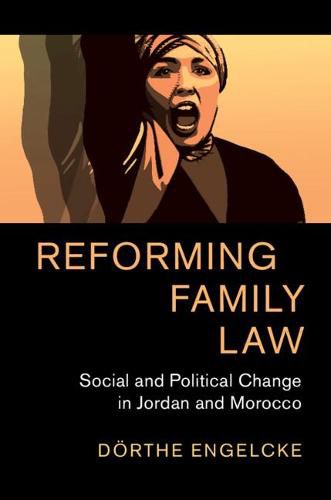Readings Newsletter
Become a Readings Member to make your shopping experience even easier.
Sign in or sign up for free!
You’re not far away from qualifying for FREE standard shipping within Australia
You’ve qualified for FREE standard shipping within Australia
The cart is loading…






As the only area of law that is still commonly termed ‘Islamic law’, family law is one of the most sensitive and controversial legal areas in all Muslim-majority countries. Morocco and Jordan both issued new family codes in the 2000s, but there are a number of differences in the ways these two states engaged in reform. These include how the reform was carried out, the content of the new family codes, and the way the new laws are applied. Based on extensive fieldwork and rich in sources, this book examines why these two ostensibly similar semi-authoritarian regimes varied so significantly in their engagement with family law. Doerthe Engelcke demonstrates that the structure of the legal systems, shaped by colonial policies, had an effect on how reform processes were carried out as well as the content and the application of family law.
$9.00 standard shipping within Australia
FREE standard shipping within Australia for orders over $100.00
Express & International shipping calculated at checkout
As the only area of law that is still commonly termed ‘Islamic law’, family law is one of the most sensitive and controversial legal areas in all Muslim-majority countries. Morocco and Jordan both issued new family codes in the 2000s, but there are a number of differences in the ways these two states engaged in reform. These include how the reform was carried out, the content of the new family codes, and the way the new laws are applied. Based on extensive fieldwork and rich in sources, this book examines why these two ostensibly similar semi-authoritarian regimes varied so significantly in their engagement with family law. Doerthe Engelcke demonstrates that the structure of the legal systems, shaped by colonial policies, had an effect on how reform processes were carried out as well as the content and the application of family law.